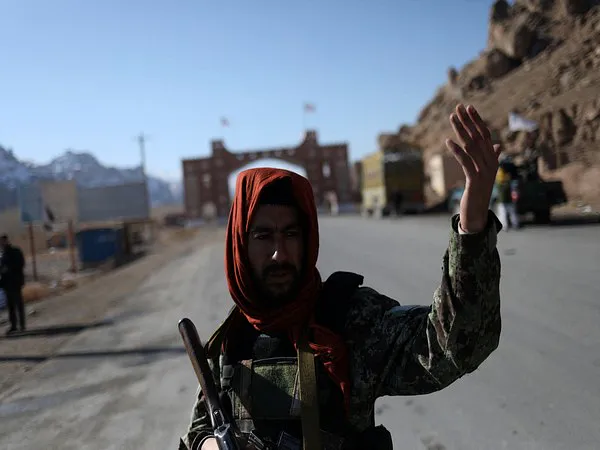After the recent replacement of the Pakistan Ambassador to Afghanistan, media reports emerged saying that this outcome emerged from Pakistan’s persistent interference in governance issues in Afghanistan that has started irking the Taliban.
Though Pakistan termed the sudden change as routine, there are enough indications of the growing impatience between the two neighbours.
Writing for the Afghan Diaspora Network, Hamid Pakteen said the anger broke out into the open when a Deputy Minister of Culture and Information reportedly resigned over the continuous meddling in his departmental affairs by the Pakistan Ambassador.
The patience seemed to have worn out recently when Pakistan Ambassador Mansoor Ahmad Khan began dictating to the media how and what to report.
As murmurs broke out among the Taliban leaders, Pakistan had to shunt out the Ambassador quickly and replace him with a new Ambassador Ubaidur Rehman Nizamani.
Although Pakistan is claiming the sudden change as routine, there are enough indications of the growing impatience between the two allies about Pakistan’s increasing interference in Afghan government matters.
The resignation letter which became public for a brief time listed three reasons for his resignation.
The minister accused the Ambassador of interfering in Afghan affairs despite several discussions and instructions to sort out the grievance. The Cultural Attache at the Pakistan embassy has been managing Afghan media affairs and censoring news without the approval of the minister in charge of media.
The minister also took objections to the celebration of the 103rd Afghanistan Independence Day at a time when the country was grappling with its image projection, said Pakteen.
The letter went viral on social media but was called out as fake and frivolous by the Afghan government.
Intriguingly, a day after the letter went viral, Pakistan Ambassador Mansoor Ahmad Khan declared that his tenure in Afghanistan’s mission was over.
To camouflage the hasty removal, the Ambassador immediately began a series of farewell meetings with political leaders like Hamid Karzai, Dr Abdullah Abdullah and Amir Khan Muttaqi.
These events overshadow other subtler conflicts between the two allies. The Afghan officials, for instance, suspect Pakistan’s hand behind the bomb blast in a Sunni mosque in Kabul.
The officials believe that such actions were carried out by Pakistan at the behest of the US, reported Pakteen.
The officials also suspect an increase in Pakistan’s meddlesome activities given the dramatic changes that have taken place within the Pakistan Army.
The abrupt removal of former ISI DG, Lt General Faiz Hamid from Peshawar to Bahawalpur pointed to the hardening of positions within the army against the Taliban government.
There is a growing belief that General Javed Bajwa was keen on improving ties with the US and was dictating a tough line to take against the Taliban government, more so after the terror group, Tahrik-e Taliban Pakistan (TTP), had refused to agree to a truce, reported Afghan Diaspora Network.

